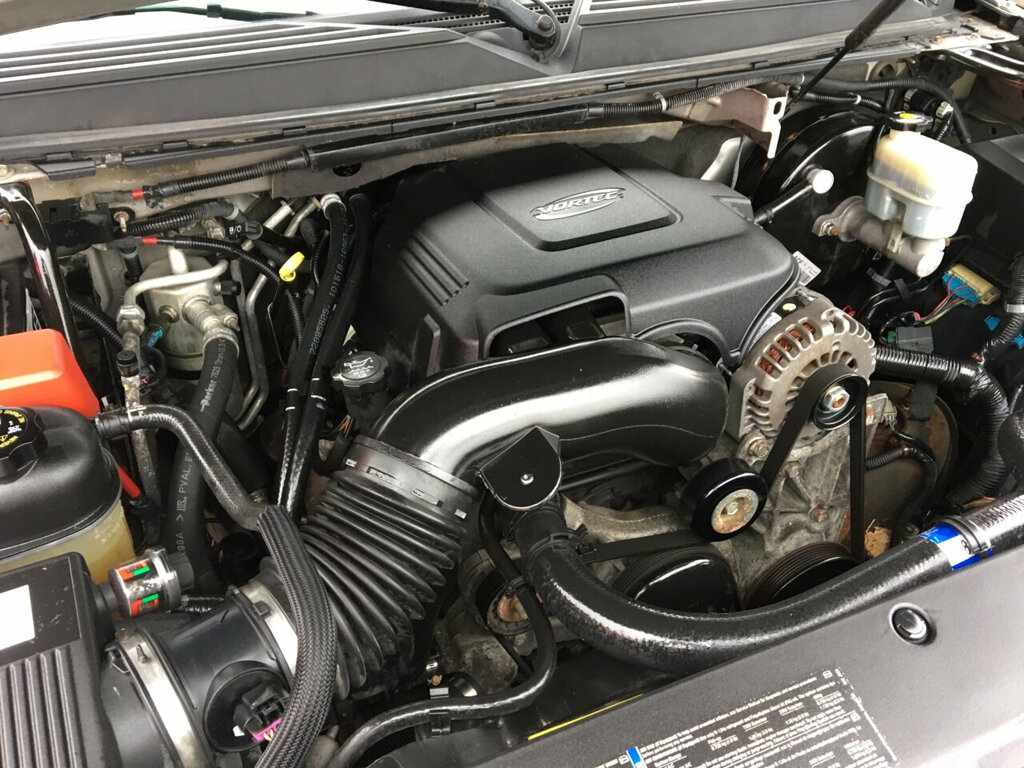Locate Reliable Used Engines for Sale at Affordable Prices Near You
Locate Reliable Used Engines for Sale at Affordable Prices Near You
Blog Article
A Comprehensive Guide on What to Search for When Getting Utilized Engines
When considering a used engine purchase, a methodical method is necessary to stay clear of unforeseen problems. The process begins with a precise history check, inspecting the Automobile Identification Number (VIN) and maintenance records for any kind of warnings. Past history, examining mileage provides insights into the engine's past life. Compatibility with your vehicle is non-negotiable, as is an extensive physical inspection for any indications of wear. Equally vital is an understanding of available service warranty choices, which can supply satisfaction. These first steps are just the beginning of ensuring your investment is both audio and protected.
Engine Background Inspect
When thinking about the purchase of a made use of engine, carrying out a comprehensive engine background check is a crucial action in ensuring a trustworthy and worthwhile investment. A detailed background check includes confirming the engine's recognition number (VIN) to validate its authenticity and to trace its origin.
In addition, recognizing the maintenance records is crucial. These records reveal how well the engine has been taken care of, showing routine oil adjustments, component replacements, and adherence to producer guidelines. Constant upkeep is a solid indication of an engine's possible resilience and performance.
Another essential aspect is examining any type of past occurrences or repair services. Recognizing whether the engine has actually formerly endured damages, such as from a crash or flooding, can offer insight into potential future problems. Repairs, even if professionally done, might affect the engine's reliability.
Last but not least, a recall check need to be performed to make certain there are no unsolved supplier remembers, which might signal fundamental issues with the engine version. This attentive strategy to examining the engine's history safeguards versus unanticipated failings and costly fixings.
Analyzing Gas Mileage
Although mileage is not the sole indication of an engine's problem, it stays a critical factor to take into consideration when examining an utilized engine. High gas mileage usually suggests extensive usage, which can result in wear and tear on parts such as pistons, bearings, and seals. It's important to identify that an engine with moderate or even high gas mileage may still be in excellent condition if it has actually been well preserved. Hence, comprehending the context of the mileage is vital.
When assessing mileage, consider the sort of car and its common use. For instance, highway miles are generally much less straining on an engine than city driving, which entails frequent quits and beginnings. In addition, engines in vehicles utilized primarily for lugging or lugging heavy tons may experience a lot more tension, potentially lowering their life-span regardless of reduced gas mileage.
It's likewise a good idea to contrast the engine's mileage with the industry average for similar engines. This comparison can give valuable understanding right into whether the engine has actually been subjected to typical usage or extreme wear. Inevitably, while mileage is a crucial factor to consider, it needs to be evaluated alongside maintenance records and overall engine condition to make an informed acquiring choice.
Compatibility Confirmation
Making certain compatibility is a vital step when buying an utilized engine. Before deciding, it is important to verify that the engine is suitable for your car's make, model, and year. This involves examining the engine code, an one-of-a-kind identifier that has to match to your automobile's specs. Mismatched engine codes can result in substantial mechanical concerns or also total incompatibility.

Moreover, examine the engine install kinds to ensure they straighten with your car's placing points. Misaligned installs can create installation problems and functional issues. Consulting the automobile's solution handbook or a vehicle professional can offer advice in verifying these aspects. Ultimately, always verify compatibility with any type of added components, such as turbochargers or exhaust systems, which may vary in between engine variations. Comprehensive compatibility confirmation is critical to avoid expensive errors and make certain smooth engine integration.
Inspecting Physical Problem
Assessing the physical problem of a made use of engine is a basic facet of the buying process, as it directly influences the engine's performance and long life. Begin by performing a thorough visual inspection. Look for any kind of noticeable indications of wear and tear, such as splits, damages, or rust on the engine block and its elements. Pay particular attention to locations around the cyndrical tube head and the oil pan, as these are frequently vulnerable to damages.
Take a look at the condition of the belts and hoses for any indicators of fraying or splitting, which might indicate age or previous overheating problems (used engines for sale). Examine the engine mounts to ensure they are intact and without excessive wear, as damaged installs can affect engine security and efficiency
Furthermore, scrutinize the color and uniformity of the oil. Dark, sludgy oil might indicate poor upkeep, while milky oil can suggest the existence of coolant, hinting at possible head gasket issues. Check for any kind of indications of leaks, specifically around seals and gaskets, which can indicate underlying troubles.
Comprehending Guarantee Options
When purchasing a used engine, understanding the warranty options available is important to safeguarding your financial investment. A guarantee gives a safety web, making sure that you are safeguarded against unexpected defects or breakdowns.
Beginning by establishing the size of the guarantee period (used engines for sale). Some warranties might use protection for 30, 60, or 90 days, while others could expand approximately a year. The duration of coverage can frequently mirror the seller's self-confidence in the engine's problem. Pay close interest to what the warranty clearly covers-- does it include labor costs for fixings, or exclusively the replacement of malfunctioning hop over to these guys parts? Understanding these subtleties can assist you make educated choices.
In addition, check out any exemptions or voiding problems. Certain guarantees might end up check this being void if the engine is installed incorrectly, or if specific maintenance methods are not adhered to. Make certain that you have a clear understanding of your obligations to keep the guarantee's legitimacy. By thoroughly examining warranty choices, you can safeguard assurance and secure your investment in an utilized engine.

Final Thought
Carrying out a thorough analysis when purchasing a used engine is paramount to guaranteeing a sound investment. Verifying the engine's identification number and reviewing maintenance documents give insight into its history and upkeep. Examining mileage in context aids in understanding its prior use. Compatibility talk to the designated car are important, as are detailed examinations for physical wear or damages. Comprehending warranty alternatives, including their scope and constraints, is critical in securing against unpredicted problems and expenses.
Report this page